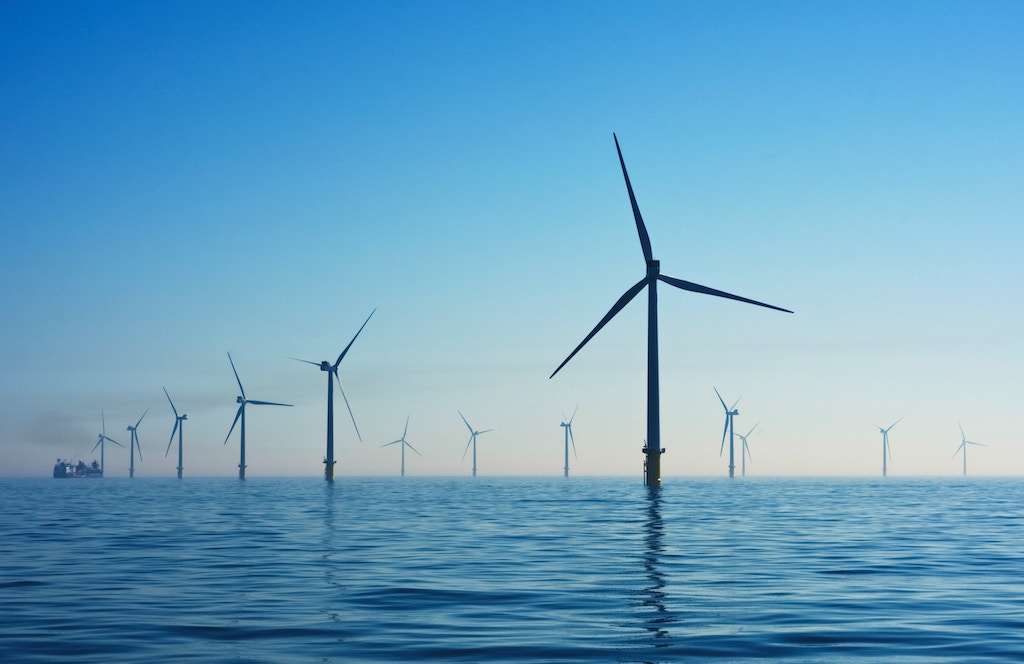Barclays, a leading financier in the fossil fuel industry, has announced plans to cease direct funding for new oil and gas ventures in a move signaling a larger trend among financial institutions to reassess their environmental impact.
The announcement from the London-based banking behemoth marks a pivotal step in its sustainability journey, reflecting the growing pressure from environmentalists, investors, and the public to move away from fossil fuel financing. Barclays, which made the announcement earlier today, says the decision includes stringent limitations on loans to energy corporations seeking to increase their fossil fuel outputs, underlining its commitment to a greener future.
The bank’s comprehensive Climate Change Statement details its new strategy, explicitly barring direct investment in projects aimed at the expansion of oil and gas production, as well as those associated with the Amazon and Arctic Circle regions, or the extraction, processing, and transportation of oil from oil sands. However, this policy adjustment pertains solely to direct project financing, with Barclays indicating that broader financing restrictions for energy companies are also in place, albeit with a more lenient approach for existing clients compared to new ones.
Barclays has historically played a substantial role in funding the oil and gas sector. The bank allocated nearly $16.5 billion to fossil fuel enterprises in 2022, a stark reduction from the upwards of $30 billion provided in the years 2019 and 2020. This reduction in funding is amidst escalating pressures from various quarters, including environmental activists, concerned shareholders, and even celebrities, urging the bank to retract its financial support for environmentally detrimental activities.

The new initiative has met with mixed reactions. Critics of the announcement said Barclays’ policy lacks scope and ambition with the effort only impacting a small segment of its oil and gas lending. It was also criticized for not including companies involved in fracking. “This should include fracking, which is causing so much environmental and social harm and is an activity the bank is heavily exposed to,” the group ShareAction said in a statement.
Other financial institutions have made similar pledges, including HSBC. After its 2022 pledge to finance a “net-zero global economy,” The Bureau of Investigative Journalism reported that on the very same day that HSBC made that pledge, it also began to sell shares in Saudi Aramco, “one of the most aggressive expanders of oil and gas.” TBIJ says since making its net-zero announcement, the bank has helped to raise more than $47 billion for the oil and gas sector.
Data from the Institute for Energy Economics and Financial Analysis show that despite growth and positive outlooks early last year, the oil and gas industry was “near the bottom” of the stock market. “The fact that the sector was sparring with the utilities and financial sector for last place in the market was totally overlooked,” reads the report. “Frackers, later joined by the oil majors, managed to drag the sector down for the rest of the year.” Reuters also reported on a decline in U.S. oil and gas activity in the fourth quarter of last year, specifically in the Midwest and Rockies. While the sector is expected to see an increase in the first half of 2024, drilling fell 20 points according to a survey across Colorado, Wyoming, Oklahoma, and the northern half of New Mexico.
The news comes as the U.K. granted 17 oil and gas companies access to 24 newly licensed areas in North Sea, a move critics condemned as “grossly irresponsible.” Philip Evans, a campaigner at Greenpeace U.K. told The Guardian that the government knows that the fossil fuel industry is driving the climate crisis, “but instead of cracking down on oil and gas giants like Shell, they’re greenlighting a new drilling frenzy in the North Sea.”
Could fossil fuel drilling turn into storage opportunities?
Last month, a Louisiana task force heard arguments from utility and business leaders on the state’s burgeoning carbon capture sector. Industry advocates, representing oil, gas, and petrochemicals, heralded carbon capture technology as a significant opportunity for Louisiana, particularly after the state secured the primary authority for industry regulation from the Environmental Protection Agency at the end of 2023. This transition is seen as a pivotal moment for an industry within a state that has witnessed a significant decline in its oil and gas sector over decades, moving from nearly 400 active offshore rigs to a mere 15.

Tommy Faucheaux, President of the Louisiana Mid-Continent Oil and Gas Association, optimistically declared the dawn of a “new golden age of energy production in Louisiana.” Mike Moncla, head of the Louisiana Oil and Gas Association, highlighted the state’s leading role with 55 carbon capture project proposals, the highest in the nation. He projected a future where 385 new wells could be drilled, a stark increase from the 60 wells initiated last year, and emphasized the potential economic benefits, including increased tax revenues and a positive ripple effect on local businesses.
The meeting also heard from government officials and citizens who had previously not had the opportunity to express their views. The task force is aiming to finalize and approve its report by February 15.
Related on Ethos:


